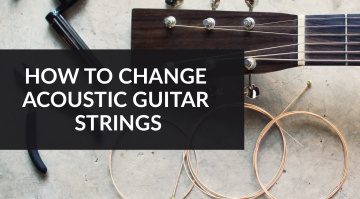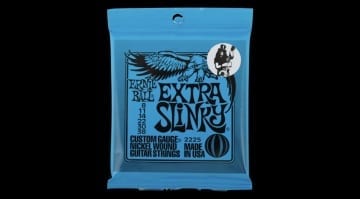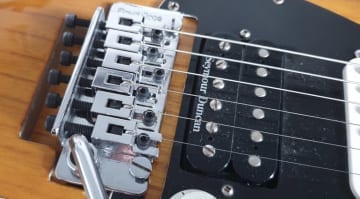How String Gauges Influence Technique and Tone
Low and light or high and heavy?
String Gauges play a pivotal role in not only how you sound, but how you play. Different weights of strings need different setups, let’s see what differences they can make for you.
In this article:
What are different string gauges?
For some, changing the strings on your guitar can be the worst thing ever. For others, it’s a moment of therapy between you and your guitar. The whole idea of cleaning the neck, applying lemon oil and lubricating your nut…
However, some players like to take this ritual even further. Typically, a new out-of-the-box Strat will be on some standard 009 gauge strings. These are on the lighter side of things, but work in most applications. If you’re a serious shredder, you might want to upgrade these for some thicker strings, such as 011 gauge strings perhaps.
Whichever you go for, there are other factors to consider. So, let’s delve into the world of string gauges and see what could work best for your playing.
Tension and Effort
Firstly, we need to understand that your string gauge will impact how easy it is to play your guitar. Not in terms of complexity, but the physical force required to play the instrument.
As a rule, lighter strings are easier to play. This is because the thickness of the steel string is thinner than other examples. Players such as B.B. King and Billy Gibbons both used very light 008 gauge strings. Their argument was minimal effort, maximum tone.
Although, other players like Slash and James Hetfield would argue that the thicker the string, the better the tone. This is because if a string is thicker, it must therefore vibrate more. This comes at a cost, heavier strings are harder to play.
Pitch Accuracy
String bending is already hard enough, without varying string gauges getting in the way. There are a few things to consider when changing the weight of your strings.
We know that bending a note is simply taking a note from one pitch to another. Such as a G to an A, this would be a whole step bend. The most common bends are half and whole step, but you can even get two-step and quarter bends.
Heavier strings make bending that much harder because there is more string tension. As the weight of the string increases, the force required to meet that new pitch also gets harder. If you’re thinking of moving to heavier strings, you may want to make a few adjustments first.
Truss Rod Adjustment
Lighter strings place the neck under less pressure than heavier strings would do. Therefore, it’s best to change your setup accordingly.
Dead spots, fret buzzing, poor intonation. Sound familiar? These are all symptoms of a truss rod in need of some adjustment.
Heavier strings could cause the neck to bow, so a small amount of adjustment could be needed to straighten it out and relieve some of that tension. Whereas, if you’re going from heavy to light strings, you might need to tighten the neck ever so slightly to avoid poor playing characteristics.
Appropriate Guitars
Realistically, almost any guitar will play with almost any string gauge as long as it’s been set up correctly. But, did you know that some guitars favour certain weights of strings?
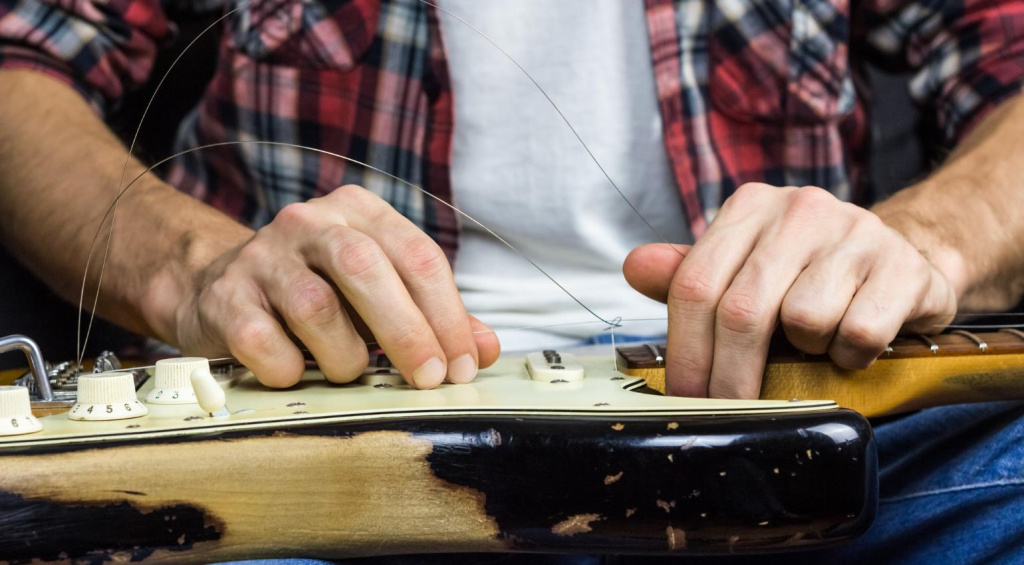
For fast or easy playing, I’d recommend something like an *Ibanez or even a *Telecaster. Historically, Ibanez guitars have thin necks which are beneficial for playing quickly. Their low actions out of the box benefit lighter strings.
Moreover, Telecasters are often branded as the most versatile guitars, so they’ll happily accommodate a lighter set of strings.




But, a large lump of wood such as a *Les Paul will happily work with some heavier strings. Overall, a slightly thicker set of strings works well with a chunky neck and body, plus some aggressive humbucking pickups.
Even something like a *Gretsch could suit a set of 011 gauge strings. Thanks to a Bigsby bridge and a pretty long scale length, the heavier strings could benefit the overall playability of this large semi-hollow-bodied guitar.

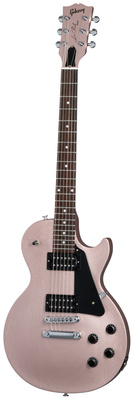

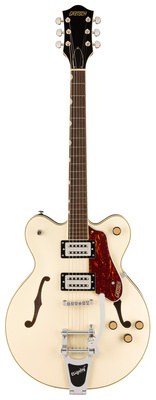
Tone – Lighter Strings
So, what real impact does your string gauge have on the sound and feel of your guitar?
I’d advise that a light set of strings would be 008, 009 and 010 gauge strings. However, 010s are a great middle ground. These lighter strings feel light and airy and are good for beginners as they’re easier to press down on.
Furthermore, they make light work of fast playing and are great for bending. Just not too hard, lighter strings snap easier than heavier ones. Ideal for standard tunings and players with hand mobility and joint issues.

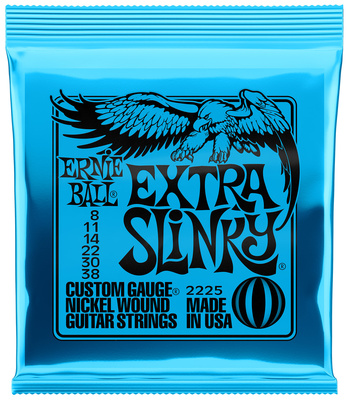

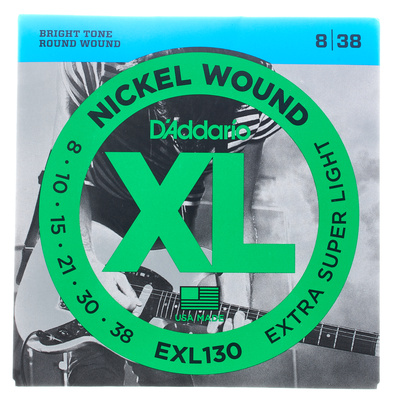
Tone – Heavier Strings
On the flip side, heavier strings provide a fuller and warmer sound. More metal, more noise. Great for some hulking rhythmic chugs.
Another benefit of heavier strings is that they suit alternate tunings better. For example, if you’re playing in Drop C, the string tension of a standard string is way too low to cope with this tuning. A heavier string is happier with a new, lower tuning.
Some players with multiple guitars leave certain axes in different tunings. One of my Telecasters lives in Eb, and for this, I use 011 strings as they’re a bit thicker for lower tunings.



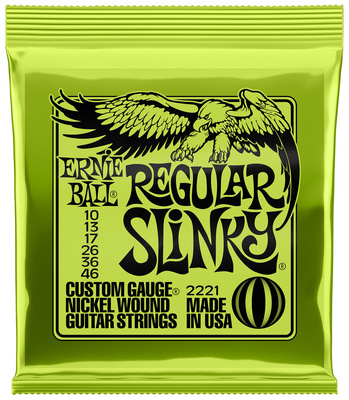

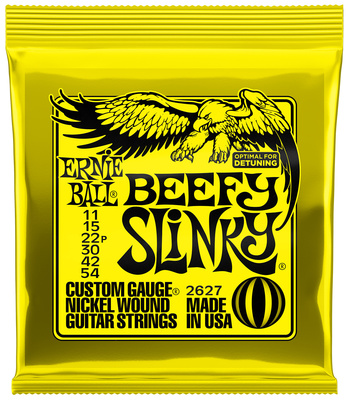


Different String Gauges – Why Bother?
That was a quick look into varying string gauges and how they suit different playing styles and guitars. For most of us, one size fits all. However, gigging musicians may command different weights of strings on different guitars for various applications. What are your preferred strings?
Videos:
Further Information:
*This post contains affiliate links and/or widgets. When you buy a product via our affiliate partner, we receive a small commission that helps support what we do. Don’t worry, you pay the same price. Thanks for your support!


 4,4 / 5,0 |
4,4 / 5,0 | 


